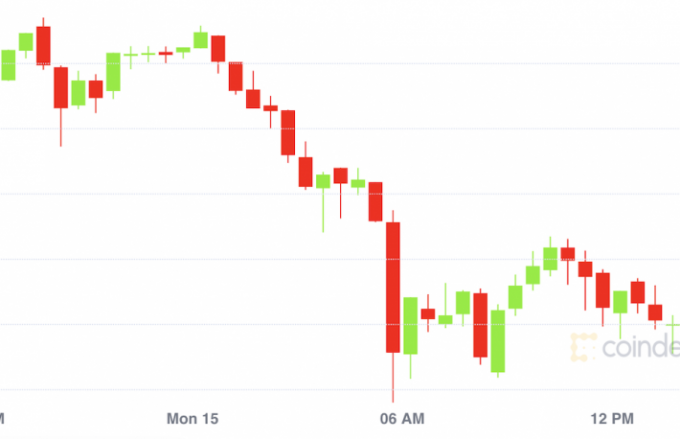The bill, from state Sen. Kevin S. Parker (D-Brooklyn), would lift the moratorium only for mining facilities that “will not adversely affect” New York’s carbon-cutting benchmarks. The legislation is in its earliest stages and was referred to the Senate’s environment committee Monday.
If passed, the bill would empower state inspectors to evaluate the impact mining facilities have on water quality, air quality, carbon emissions and wildlife. Miners would be allowed back online only after they complete an environmental impact statement. Those deemed to be hurting New York’s carbon-cutting plans would be nixed.
Parker’s bill comes as state power plants roar back from their grave as bitcoin (BTC, -3.9%) mining operations. In the Finger Lakes region in upstate New York, for example, a long-dormant coal plant now burns 19 megawatts worth of natural gas to feed its armada of power-hungry mining rigs. The endeavor has proven so profitable that site operator Greenidge Generation is planning to boost capacity to 500 megawatts by 2025.
But environmentalists argue mining plants like Greenidge counter New York’s decarbonization goals. The state is seeking to slash its greenhouse gas emissions 70% by 2030. Burning more natural gas kneecaps that effort, advocates say.
They also question the wisdom of allowing a plant that could power nearby homes to mine bitcoin instead.
The fight over Greenidge’s expansion plan foreshadowed what could be a monumental blow to New York’s miners – one that if successful would freeze every commercial mining operation in the state and likely threaten those found to be irreconcilable with the state’s climate and environmental goals.
Just two weeks ago, the operator convinced local politicians to approve its expansion plan without subjecting it to an environmental review. Environmentalists were aghast. The politicians said they were too. But their hands were tied by state law.
“We got all the same issues you do,” David Granzin, chairman of the planning board in the upstate town of Torrey, which is located near the Greenidge plant, told skeptical attendees at the approval hearing, according to Binghamton NPR affiliate WSKG.
“We know that Bitcoin is a big waste of energy, but we’re bound by the law. We have to follow the rules,” Granzin said.





